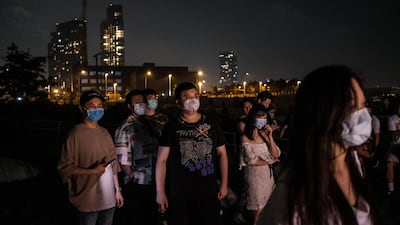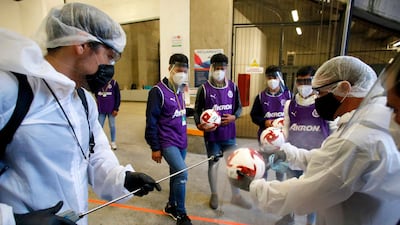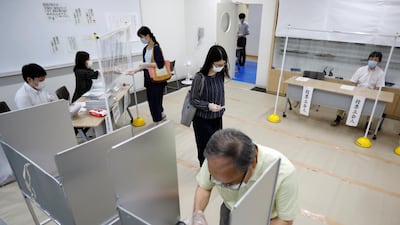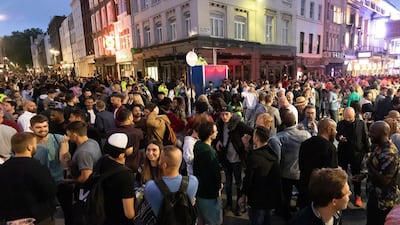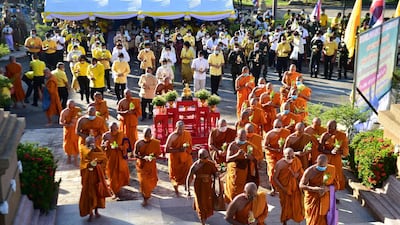Infections in the US topped 50,000 for the third day in a row on Friday, taking the number of cases to more than 2.8 million and fatalities to 129,657.
New hot spots emerged as states struggled to contain the spread, with Florida witnessing a record rise of 11,458 new cases on Saturday while California reported 6,510 new cases and 50 more deaths from Covid-19.
As the country hosted independence day celebrations on July 4, US President Donald Trump once again blamed testing for the record rise.
“Cases, Cases, Cases. If we didn’t test so much and so successfully, we would have very few cases,” he tweeted.
His cavalier approach was echoed by Brazil’s President Jair Bolsonaro, who attended a US independence day celebration in Brazil’s capital without a face mask, having vetoed their obligatory use in private settings a day earlier.
Brazil is another global hot spot of the pandemic, with more than 1.5 million confirmed cases and 64,265 deaths, though both are thought to be undercounts due to insufficient testing.
Saturday’s spiralling infection rates were also reflected globally with World Health Organisation member states reporting the highest single-day increase so far at 212,000 confirmed cases worldwide.
By Sunday, global coronavirus cases had passed 11.2 million, according to the Johns Hopkins University tracker.
Despite the ongoing spread of the virus, countries are continuing to lift restrictions in a bid to reboot their economies.
Crowds thronged the streets outside bars and restaurants in Soho, London as the UK emerged from a three-month lockdown. Hairdressers, cinemas and museums alongside other public sites have reopened across the country, with strict social distancing rules in place.
There are fears that the UK, which has the third-highest death toll from the virus worldwide at 44,198 - after the US and Brazil - is coming out of lockdown too soon, prioritising its ailing economy over efforts to contain the disease.
Last week the British government opened up 60 low risk countries to UK holidaymakers in an attempt to save the airline industry from collapse.
India, which imposed one of the world’s strictest lockdowns, is reopening all monuments, including the Taj Mahal, on Monday.
Visitors to the 17th-century landmark will be required to wear masks and refrain from touching its marble surfaces as they return after a three-month closure due to Covid-19.
A maximum of 5,000 tourists divided into two groups will be allowed per day – a far cry from the 80,000 people who swarm into the mausoleum daily during peak season.
Cases currently stand at 675,453 in India with 19,303 deaths from the disease as most of the country reopens, except for the areas deemed most at-risk.



